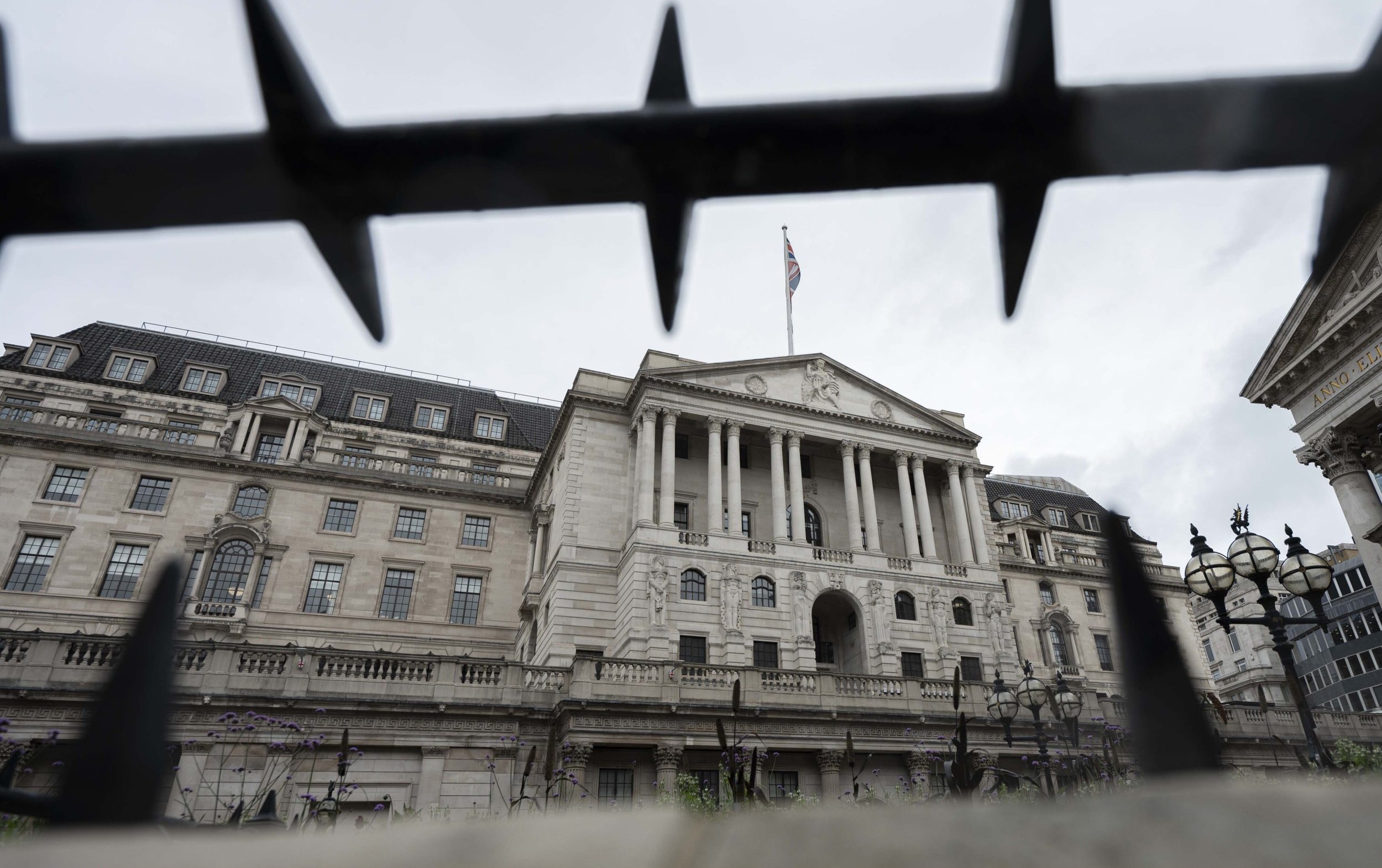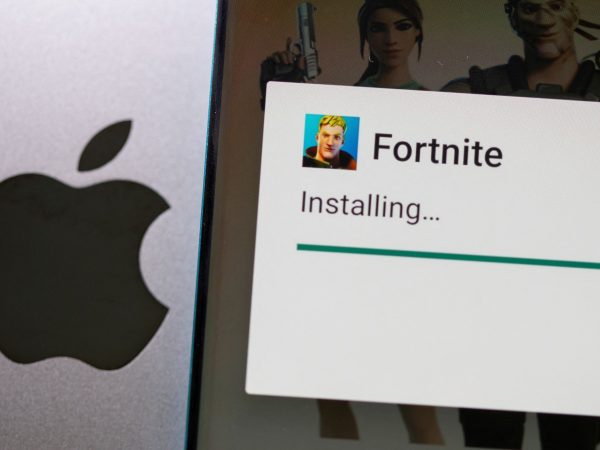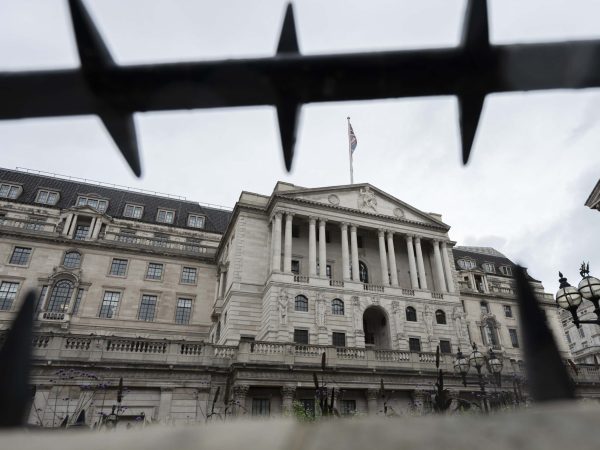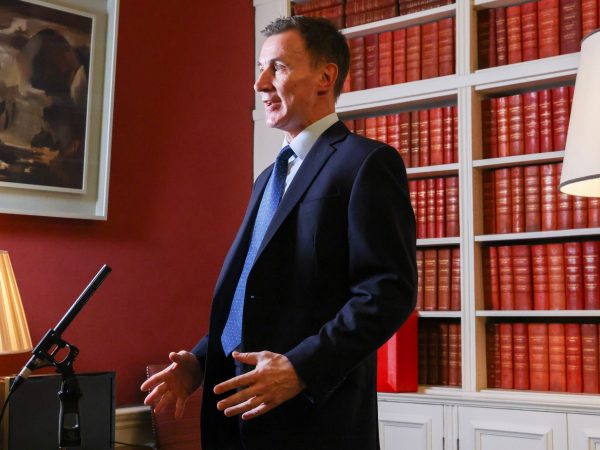Rishi Sunak made halving inflation one of his key promises for 2023, a promise that was finally fulfilled after falling from its peak of 11.1 percent in October 2022 as the energy crisis abated.
But prices are still rising twice as fast as the Bank of England’s two percent target set by the government.
Melissa Davies, chief economist at Redburn Atlantic, said: “It is far from clear whether the Bank of England’s job is sufficiently done to enable a rapid series of rate cuts, as the market expects.”
“In fact, there are a number of reasons why the bank should maintain interest rates until the second half of the year and then slowly proceed with rate cuts. Wage inflation remains high, services inflation is high and persistent, while goods inflation is expected to rise again amid renewed supply chain pressures.”
Much of the recent rise in inflation followed an increase in tobacco tax, which Chancellor Jeremy Hunt announced in the Autumn Statement and implemented almost immediately.
As a result, the average pack of 20 cigarettes cost £13.30 in November, the ONS found, a 17% rise from £11.37 the previous year.
A standard pack of roll-your-own tobacco cost £22.07, an increase of almost a quarter from £17.84 in November 2022.
Grant Fitzner, chief economist at the ONS, told Radio 4’s Today Program that while inflation was far from its peak, it “could take a while” to get back to the Bank of England’s 2 per cent target .
He said: “The big declines were caused by falling energy and goods prices, and many of these were reflected in the inflation rate we see today.”
“In order to go from 4 percent to 2 percent, what’s called core inflation really needs to come down, so some of those volatile items like food, energy, alcohol and tobacco are taken out, and I think you’d have to look further as well,” services inflation falls , which tends to be a little more persistent than inflation in goods prices.”
Commenting on the latest inflation figures, Chancellor Jeremy Hunt said: “As we have seen in the US, France and Germany, inflation is not falling in a straight line, but our plan is working and we should stick to it.”
“We have made difficult decisions to control borrowing and are now facing a turning point. “So we need to stick to the current course, including stimulating growth through more competitive tax rates.”
European Central Bank President Christine Lagarde blamed market bets on aggressive interest rate cuts for hampering policymakers’ efforts to curb inflation
Speaking to Bloomberg in Davos on Wednesday, she said: “It doesn’t help our fight against inflation when expectations are so high compared to what is likely to happen.”
Projections of future interest rates are important to central banks’ attempts to reduce inflation because they affect the cost of borrowing set by commercial lenders.
Markets’ tendency to ignore central bank messages and predict impending interest rate cuts can also undermine credibility.
Mr Hunt is also in Davos this week after the Prime Minister avoided the annual World Economic Forum for the second day in a row.
Read the latest updates below.



